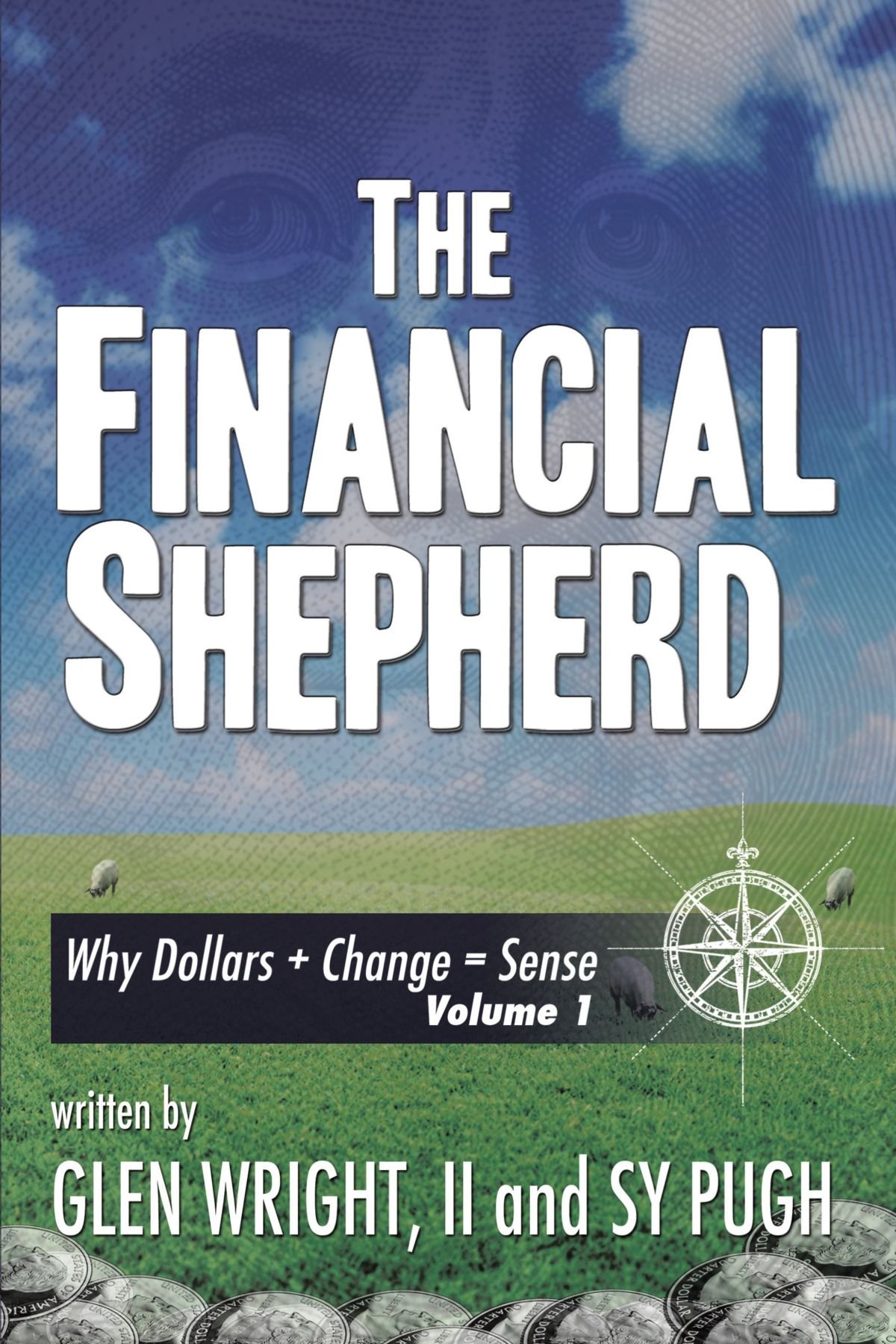Executive Summary: Long-term care is one of the biggest threats to a retirement plan. Planning ahead through insurance or strategic asset allocation helps preserve wealth, reduce taxes, and create more flexibility. The right strategy depends on your situation, but doing nothing isn’t the answer.
If you’re planning for retirement or already closing in on it, your focus may be on income strategies, taxes, investments, and travel plans. But there’s one area that doesn’t get talked about enough: what happens if your health takes a turn? The cost of care in your later years could derail even the strongest financial plan if you haven’t accounted for it.
Long-term care and insurance aren’t just about risk, they’re about control. Putting the right coverage in place gives you and your family more flexibility, more choices, and fewer financial surprises down the road. If you’re serious about protecting your retirement, it’s time to give this part of your plan some real attention.
Why Long-Term Care Belongs in Your Plan
Long-term care isn’t just for people in their 80s. It’s support you may need if you experience a major illness, injury, or cognitive decline. That care may be provided at home, in an assisted living facility, or in a skilled nursing facility. And it’s not cheap.
According to recent reports, the average annual cost of a private room in a nursing home exceeds $100,000. Home care, while often preferred, still adds up quickly, especially if it’s needed for months or years.
Medicare doesn’t cover most long-term care. That means these costs typically come out of pocket unless you’ve made other arrangements. That’s why this planning isn’t optional, it’s essential.
Your Insurance Options: What to Know
There are multiple ways to plan for long-term care, and no one solution fits everyone. Here are the most common approaches:
- Traditional Long-Term Care Insurance
This works like most insurance policies. You pay a premium, and if you need care, the policy helps cover the costs. These plans often reimburse for a daily or monthly amount once you meet eligibility requirements.
Pros:
- Offers significant protection for a relatively low premium (if purchased early)
- Helps preserve retirement assets
Cons:
- Premiums can rise
- If you never use the policy, there’s no return on the premium
- Hybrid Life Insurance with Long-Term Care Riders
These policies combine life insurance with long-term care benefits. If you need care, the policy pays out benefits for that. If not, it functions like traditional life insurance.
Pros:
- Provides value whether or not you use the long-term care benefits
- Premiums are often fixed
Cons:
- Higher upfront cost than traditional LTC insurance
- Reduces death benefit if long-term care benefits are used
- Self-Funding with Purpose
Some clients prefer to self-insure by setting aside a portion of their assets specifically for care. This requires discipline and a clear plan.
Pros:
- Full control over funds
- No premium payments
Cons:
- May not be enough if care needs last longer than expected
- Could reduce legacy goals or limit other retirement spending
The right structure depends on your age, health, assets, and goals. What matters most is that you’re not ignoring the conversation.
How Insurance Planning Ties into Tax Planning
Insurance and long-term care strategies aren’t just about protection. They can be smart tax planning tools as well. Some hybrid policies allow for tax-free withdrawals for qualified medical expenses. In other cases, premiums may be partially deductible depending on your income and how the policy is structured.
For business owners, there may also be options to deduct premiums through the business, especially when using certain types of life or disability insurance as part of a broader executive compensation or retirement strategy.
When coordinated properly, these tools can reduce your taxable income today while protecting your financial stability in the future.
Don’t Put This Off
It’s easy to push long-term care planning to the back burner, especially if you’re still in good health. But the earlier you start, the more options you’ll have. Coverage is generally more affordable and easier to secure before your mid-60s. Waiting until you “need it” often means you no longer qualify.
If you’ve worked hard to build your wealth, protect it. Planning for long-term care doesn’t mean you’re pessimistic. It means you’re prepared.
Peace of Mind Starts with a Plan
Insurance and long-term care planning isn’t about fear. It’s about freedom to make decisions based on what’s best for you, not what’s left in the budget. At Worth Advisors, we help you build a plan that addresses the full picture of retirement, including the parts no one likes to think about. If you’re ready to secure your financial future with clarity and intention, let’s start the conversation.
Disclaimer: The information contained in this article is intended for discussion purposes only. The information included herein is highly confidential, intended for review by the recipient only, and should not be disseminated or made available for public use or to any other source. It is not an offer or a solicitation for the sale of a security, nor shall there be any sale of a security in any jurisdiction where such offer, solicitation, or sale would be unlawful. An investment with Worth Advisors (whether through a commingled fund or on a separate account basis) involves a degree of risk and may only be made pursuant to the respective offering documents and organizational materials governing such investment. Past performance of the clients of Worth Advisors, or any of its employees or principals, may not be indicative of future results, and there is no guarantee that targeted performance will be achieved. The entirety of investors’ capital is at risk.









